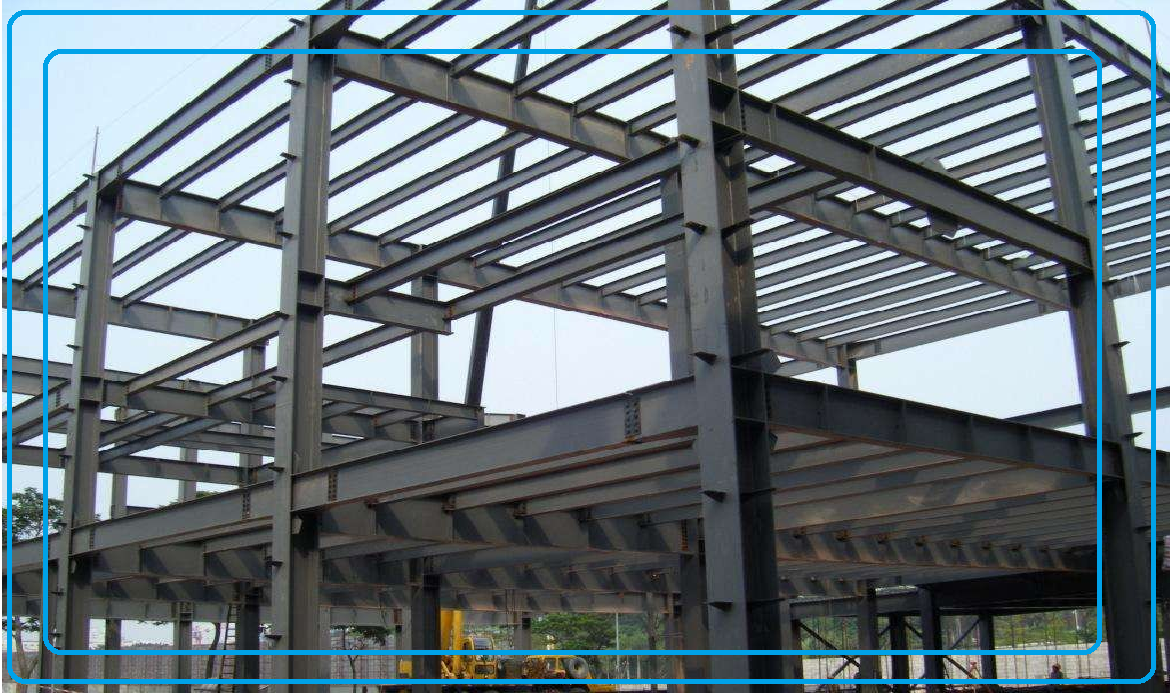A type of dividend (profit distribution) whereby a company distributes physical goods to its shareholders, instead of cash or securities. Each shareholder receives an amount of goods (produce, products, etc) proportional to his/her equity (stock holding). Property dividends are seldom used nowadays. However, companies used them in the early days of capital markets, when companies had smaller bases of shareholders and produced some goods that appealed to shareholders.
A company may distribute a property dividend for various reasons. For example, the shareholders may prefer to receive a specific product that is made by the company. Also, cash-strapped companies may choose to distribute a dividend in physical form rather than announce no dividends at all. Property distributions have the same impact as cash distributions except for effects arising from any difference between the basis and the fair market value of the distributed property.







